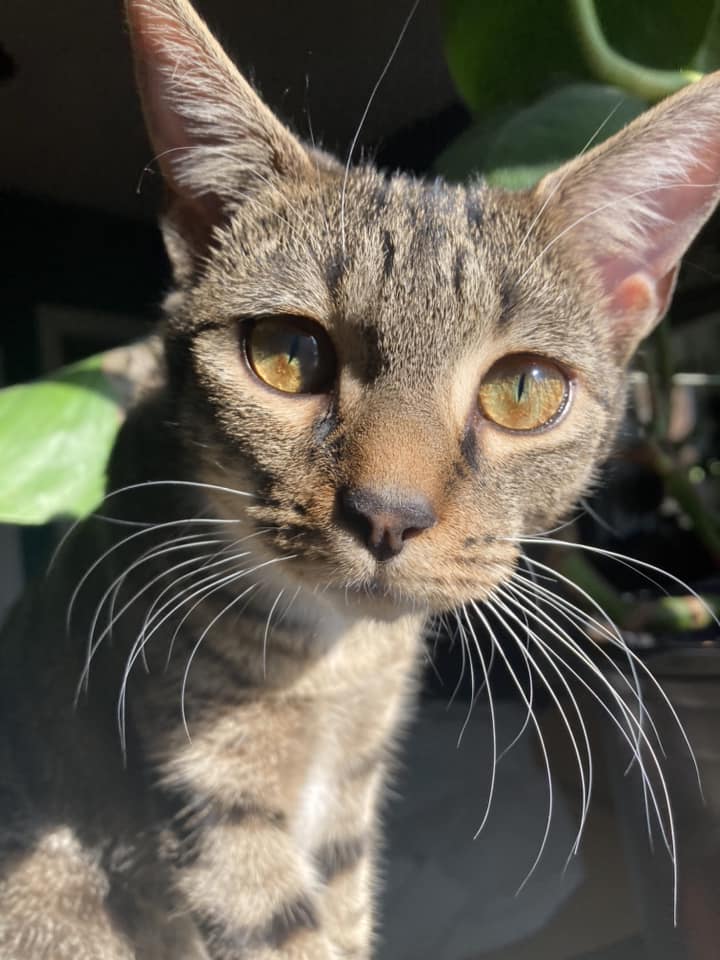Hearing your veterinarian say that your cat needs surgery is a stressful experience. Still, it’s often necessary to ensure they can correct any medical issues so your cat can continue to live their best life following recovery. Under the care of your veterinarian and following close post-surgical instructions, your cat will be back to normal in a relatively short period. If your veterinarian recently gave you the news that your cat needs surgery, chances are you instinctively turned to Google to research the procedure and get your questions answered. At All Creatures Veterinary Care Center, we work hard to provide factually-correct information you can rely on, especially when it comes to a topic as serious as cat surgery. To avoid the incorrect information you can easily find online, we’ve taken FAQs about cat surgery and answered them as thoroughly as possible.
If you’re looking for a highly trained veterinarian in Sewell, NJ, we’d love to see your cat for any surgical needs, so please call us at (856) 256-8996.
What are the most common cat surgeries?
The most common cat surgeries we do at All Creatures Veterinary Care Center are spays and neuters, but we also perform several other routine surgeries.
Common cat surgeries include:
- Spaying
- Neutering
- Mass or tumor removal
- Dental procedures
- Bladder stone removal
- Abdominal surgery for foreign body removal
- Wound repair
Do cats need lab work before surgery?
Yes! It is important that we know what's going on with your cat’s organs and to make sure anesthesia will be safe for them. Lab work provides a good indication of their overall health before going under anesthesia and enduring the physical stress of surgery. Anything unusual in their lab work might mean putting the brakes on a surgical procedure until the cause of the abnormal lab work is identified and treated.
What will a veterinarian be looking for in the pre-surgery lab work?
There are many different things that we see in blood work. We’re looking primarily at kidney and liver values, as those organs metabolize or digest some anesthetic agents. We're also looking at white blood cell count, red blood cell count, and platelets, which help us understand the healing processes. A few other indicators, such as protein levels and electrolytes, allow us to understand how stable your cat is going into the procedure. We might also check their clot time to ensure they appropriately clot their blood and don't risk bleeding out.
What do I need to know before my cat has surgery?
Before your cat has surgery, there are several things you need to know to ensure everything goes smoothly from check-in through recovery.

Questions to ask your veterinarian before cat surgery include:
- Does my cat need to fast before surgery?
- What exactly is the procedure intended to accomplish?
- How large will the incision be?
- What is the recovery time?
- What are my cat’s post-surgery restrictions?
Who will be monitoring my cat while under anesthesia?
A trained member of the veterinary staff will pay close attention to your cat while under anesthesia, in addition to your veterinarian also monitoring your cat while performing the procedure. There are also several machines that your cat will be connected to, monitoring their heart rate, blood pressure, oxygen saturation, and EKG, that will alert us if there is a problem. The Cornell Feline Health Center provides a detailed explanation of anesthesia and how your veterinary team will administer it.
How long is recovery after a cat surgery?
Recovery after cat surgery depends entirely on the procedure, but the average recovery time is generally two weeks. Some dental procedures require only a day or two for recovery, while most soft tissue surgeries take about 10 days to resume normal activities. More extensive surgeries such as wound repairs and abdominal surgeries can take up to two weeks for recovery.
What can I do at home to help my cat recover?
The best thing you can do at home to help your cat recover is to provide a low-stress environment. If you have other pets in the household, consider secluding your cat or confine them to their own space, so they don’t have to interact with other pets. Keep them indoors, even if they are an outdoor cat. Also, closely follow the discharge instructions from your veterinarian because we explicitly cater those to your cat and their post-surgical needs. Those instructions include pain management, administering antibiotics, and what to watch for that could indicate a problem. We send cats home with a soft Elizabethan collar (aka the “cone of shame” by many pet parents!), so their incision can heal properly, so be mindful of this cone to help them avoid them getting at their incision and possibly causing an infection.
If you have further questions about cat surgery, reach out to your veterinarian. If you live in or near Sewell, NJ, we’d love to see your cat for any surgical needs, so please don’t hesitate to call us at (856) 256-8996 or email us at [email protected].
